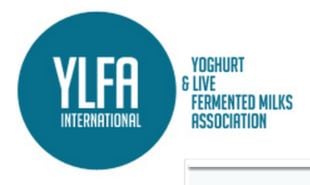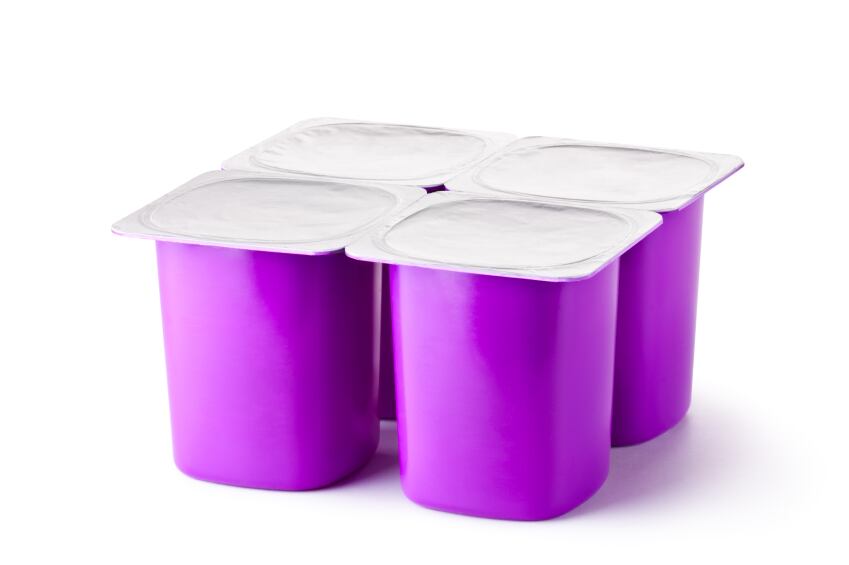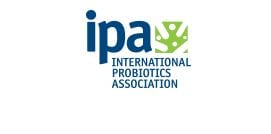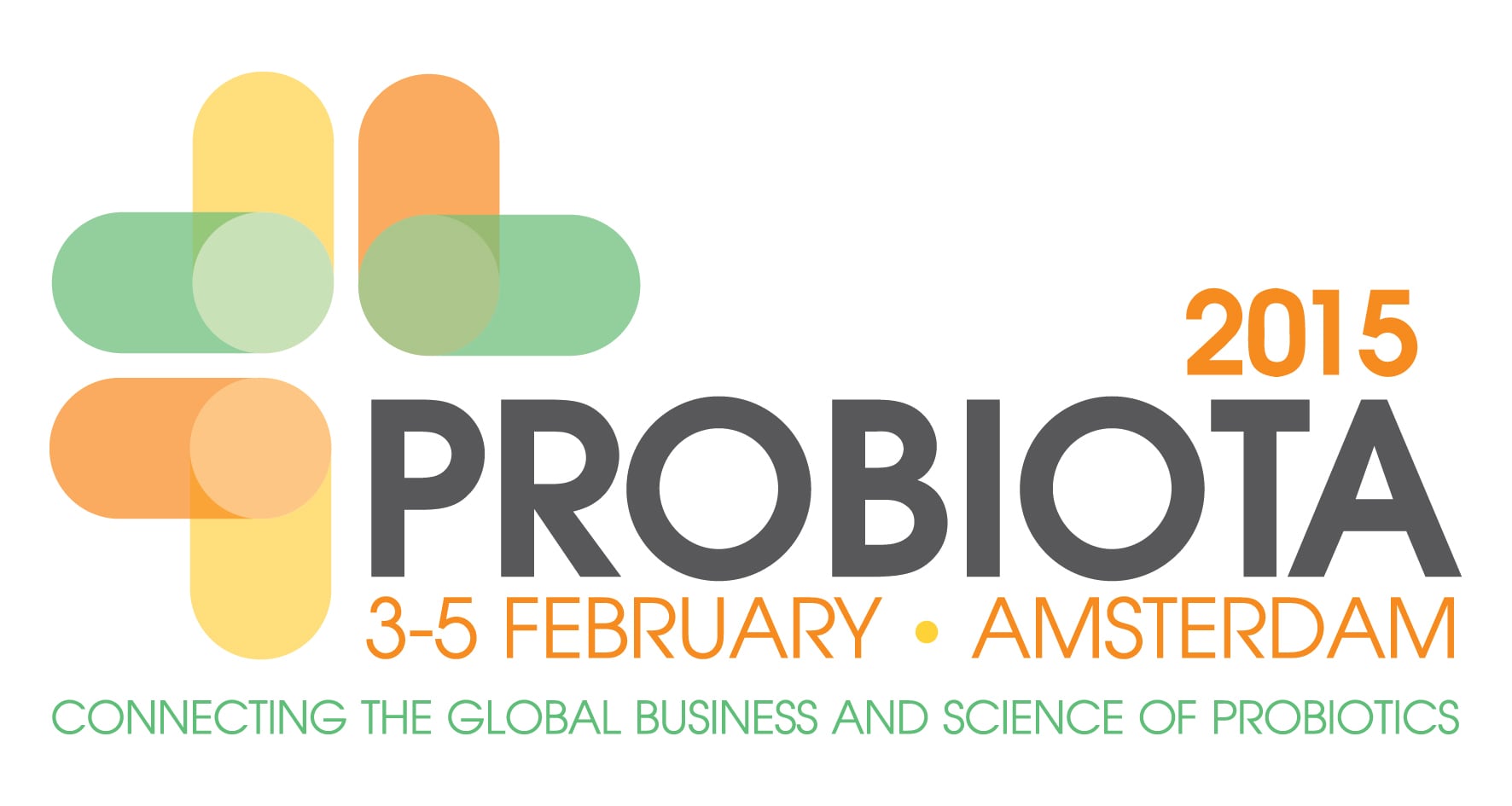The three parties – IPA, the Global Alliance for Probiotics (GAP) and the Yoghurt Live Fermented Milks Association (YLFA) – met late last year and rapidly formed the new collective.
YLFA secretary general Carine Lambert told us the three groups reached accord “surprisingly quickly” as all shared the same goal of overcoming the EU health claims vacuum that has existed since the EU nutrition and health regulation (NHCR) kicked into life in 2008 with stringent scientific demands the probiotic sector has not yet been able to meet.
One voice
In this climate EU probiotic yoghurt sales have dropped 8% in the past year to about €4.25bn according to Euromonitor data, although it notes the decline is slowing. Probiotic supplement sales have risen 3.4% over the same period to be worth about another €675 in 2014.
“There is a critical situation in the EU so we realised we needed to speak with one voice,” Lambert said of the new group called IPA-Europe that will be based in Brussels. It is yet to elect its chief or finalise its structure.

“Three groups are not very efficient so coming together came quite naturally and was easier than expected. Like this we are bigger, have more visibility, more credibility. But it is not just about health claims. They are important but are just one piece of the cake.”
“The most important thing is that now we speak with one voice.”
The group noted how vital this was given recent elections and widespread change in the European Parliament and European Commission.
Other goals include improving overall regulator communications and providing input to ongoing World Health Organisation (WHO) and Food and Agriculture (FAO) deliberations around multilateral probiotic product definitions and conditions of use.
Actions, reactions
GAP – which counted Valio, Lallemand, Yakult, Danone, Chr Hansen, DuPont-Danisco and Probi as members – was formed in 2011 with the specific task of winning the first probiotic claim under the NHCR.

Despite developing strategies such as ‘clustering’ probiotic strain science to back submissions, it has not been successful in winning claims, or even effectively winning the ear of EU bodies like the European Food Safety Authority (EFSA).
By last year some members had left the group as internal friction and frustration increased and calls mounted for the sector to unify its voice.

GAP welcomed the formation of the new group, stating, "The creation of a European branch of IPA will reinforce IPA as the global voice of probiotics and is a natural evolution from an increasingly successful collaboration between these associations, which together represent about 60 companies."
"IPA Europe will seek to expand even further, and is open to membership applications from companies."
It said GAP would continue until the IPA-Europe structure was formalised - expected to be a matter of weeks.
One ex-GAP member said it would consider joining IPA-Europe but first needed to “take a look at it”.

Also late last year the IPA relocated its HQ to the US and elected a new president, George Paraskevakos, who said in a statement today: “IPA, GAP and YLFA are three of the few associations with probiotics as its core focus; combining their strengths will result in a stronger and wider outreach in Europe.”
The YLFA has recently occupied itself with an Italian motion to at least allow the use of the term ‘probiotic’ as a marketing tool via article 1.4 (and its annex) of the NHCR that speaks of ‘generic descriptors’.
Currently even the word ‘probiotic’ is deemed an unauthorised, implied health claim in the European Union, a situation that has been drawn into greater relief with the recent EFSA positive opinion for a prebiotic, inulin.
The academic-driven International Scientific Association for Probiotics and Prebiotics (ISAPP) was not invited but one IPA-Europe member did not rule out extending an invite to it in the future.
The new group can be contacted at info@ipaeurope.org.
Probiota 2015

Lambert will present and some of these issues will be discussed at Probiota 2015 in Amsterdam on February 3-5 – that's tomorrow!
From the next wave of prebiotics to the future of microbiome science beyond probiotics and prebiotics, to the nutrients’ effect on mood and anxiety, and strategies on pre- and probiotic market building, Probiota 2015 is a knowledge store you probably shouldn’t miss.
Click here for more.
